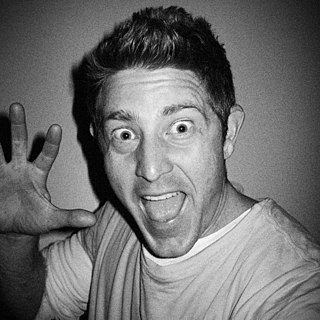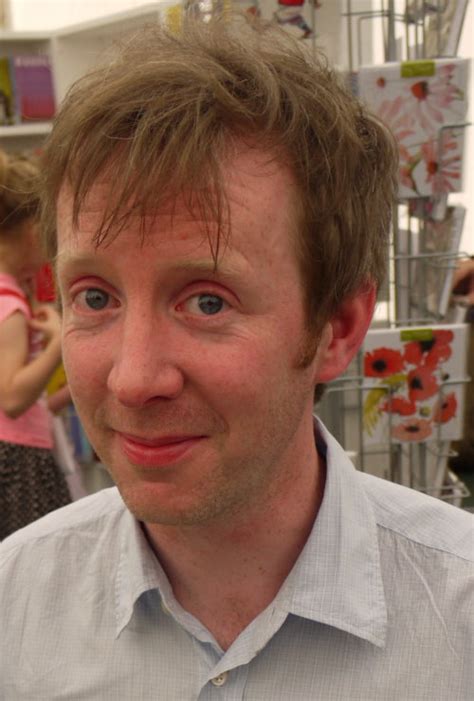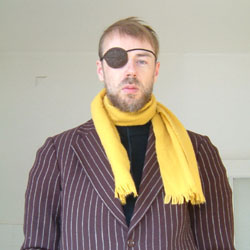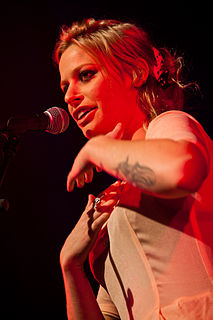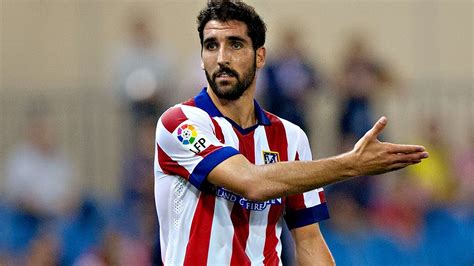A Quote by George Lucas
The way I define 'intelligent design' is that when people started out, we wanted to make sense of the world we lived in, so we created stories about how things worked.
Related Quotes
What I think is great about Pippin, specifically, and I wouldn't make this generalization about all musicals, is that it is about how we tell stories and the way stories are very subjective. How we tell some things and leave other things out in the way The Princess Bride is or The Wizard of Oz is, which both have a framing device.
History, in the end, is only another kind of story, and stories are different from the truth. The truth is messy and chaotic and all over the place. Often it just doesn’t make sense. Stories make things make sense, but the way they do that is to leave out anything that doesn’t fit. And often that is quite a lot.
I enjoy the optimism of design, even though we can see it as doomed. But I'm telling most people that I'm not writing about design any more this year. It makes no sense at all during the recession unless you write about sustainable or ethical design-very basic things, like how to get clean water in countries with a shortage of it.
For people who are coming out of an oral tradition, it is very exciting to get into reading and writing and it is quite interesting how frequently people want to write their own story. Sometimes it is straight history - this is how we came about, how our town was created, a lot of that kind of effort, as soon as literacy came. The first thing you wanted to do was to put something down about who you are or how you are related to you neighbors. Then the next stage would be the stories, the cultural part of the story: this is the kind of world our ancestors made or aspired to.
To me, the newspaper business was a way to learn about life and how things worked in the real world and how people spoke. You learn all the skills - you learn to listen, you learn to take notes - everything you use later as a novelist was valuable training in the newspaper world. But I always wanted to write novels.
Just recognizing and naming that many of the things we treat as historical fact are stories can help erode their power over our sense of identity and thinking. If they are stories rather than "truth," we can write new stories that better represent the country we aspire to be. Our new stories can be about diverse people working together to overcome challenges and make life better for all, about figuring out how to live sustainably on this one planet we share, and on deep respect for cooperation, fairness, and equity instead of promoting hyper-competitive individualism.
The truth of the matter was stories was everything and everything was stories. Everybody told stories. It was a way of saying who they were in the world. It was their understanding of themselves. It was letting themselves know how they believed the world worked, the right way and the way that was not so right.



